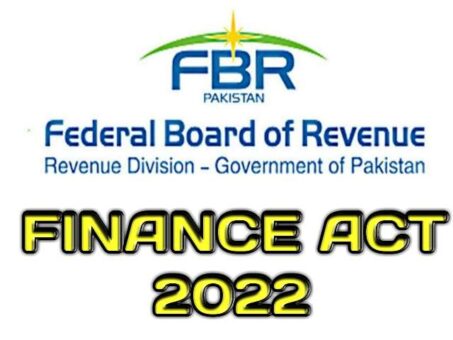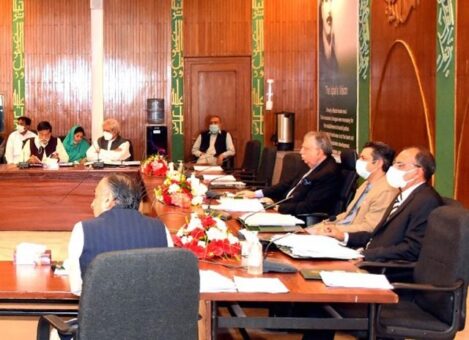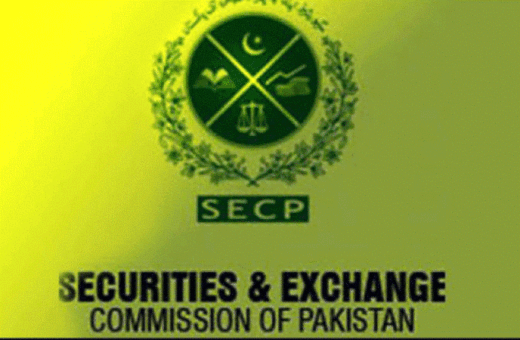ISLAMABAD: Federal Board of Revenue (FBR) issued a list of 3,184 Non-Profit Organizations (NPOs) and Non-Governmental Organization (NGOs) that are registered with the tax authorities.
The income tax regime has been revised for NPOs and charitable organizations and tax credit shall be available to such organizations on filing of income tax returns.
The FBR conducted fresh scrutiny of NPOs and NGOs and then registered the organizations.
Section 100C of Income Tax Ordinance, 2001 deals with tax credit for NPOs, which is as follow:
Section 100C: Tax credit for certain persons.
Sub-Section (1): The income of Non-profit organizations, trusts or welfare institutions, as mentioned in sub-section (2) shall be allowed a tax credit equal to one hundred per cent of the tax payable, including minimum tax and final taxes payable under any of the provisions of this Ordinance, subject to the following conditions, namely:-
(a) return has been filed;
(b) tax required to be deducted or collected has been deducted or collected and paid;
(c) withholding tax statements for the immediately preceding tax year have been filed;
(d) the administrative and management expenditure does not exceed 15 percent of the total receipts:
“Provided that clause (d) shall not apply to a non-profit organization, if—
(a) charitable and welfare activities of the non-profit organization have commenced for the first time within last three years; and
(b) total receipts of the non-profit organization during the tax year are less than one hundred million Rupees”;
(e) approval of Commissioner has been obtained as per the requirement of clause (36) of section 2:
Provided that this clause shall take effect from the first day of July, 2020; and
(f) none of the assets of trusts or welfare institutions confers, or may confer, a private benefit to the donors or family, children or author of the trust or his descendents or the maker of the institution or to any other person:
Provided that where such private benefit is conferred, the amount of such benefit shall be added to the income of the donor:
Sub-Section (1A): Notwithstanding anything contained in sub-section (1), surplus funds of non-profit organization shall be taxed at a rate of ten percent.
(1B) For the purpose of sub-section (1A), surplus funds mean funds or monies:
(a) not spent on charitable and welfare activities during the tax year;
(b) received during the tax year as donations, voluntary contributions, subscriptions and other incomes;
(c) which are more than twenty-five percent of the total receipts of the non-profit organization received during the tax year; an
(d) are not part of restricted funds.
Explanation.- For the purpose of this sub-section, “restricted funds” mean any fund received by the organization but could not be spent and treated as revenue during the year due to any obligation placed by the donor.
Sub-Section (2): Persons and incomes eligible for tax credit under this section include-
(a) any income of a trust or welfare institution or non-profit organization from donations, voluntary contributions, subscriptions, house property, investments in the securities of the Federal Government and so much of the income chargeable under the head “income from business” as is expended in Pakistan for the purposes of carrying out welfare activities:
Provided that in the case of income under the head “income from business”, the exemption in respect of income under the said head shall not exceed an amount which bears to the income, under the said head, the same proportion as the said amount bears to the aggregate of the incomes from the aforesaid sources of income.
(b) a trust administered under a scheme approved by the Federal Government in this behalf and established in Pakistan exclusively for the purposes of carrying out such activities as are for the benefit and welfare of—
(i) ex-servicemen and serving personnel, including civilian employees of the Armed Forces, and their dependents; or
(ii) ex-employees and serving personnel of the Federal Government or a Provincial Government and their dependents, where the said trust is administered by a
committee nominated by the Federal Government or, as the case may be, a Provincial Government;
(d) income of a university or other educational institution being run by a non-profit organization existing solely for educational purposes and not for purposes of profit;
(e) any income which is derived from investments in securities of the Federal Government, profit on debt from scheduled banks and microfinance banks, grant received from Federal Government or Provincial Government or District Governments, foreign grants and house property held under trust or other legal obligations wholly, or in part only, for religious or charitable purposes and is actually applied or finally set apart for application thereto:
Provided that nothing in this clause shall apply to so much of the income as is not expended within Pakistan:
Provided further that if any sum out of the amount so set apart is expended outside Pakistan, it shall be included in the total income of the tax year in which it is so expended or of the year in which it was set apart, whichever is the greater, and the provisions of section 122 shall not apply to any assessment made or to be made in pursuance of this proviso.
Explanation.— Notwithstanding anything contained in the Mussalman Wakf Validating Act, 1913 (VI of 1913), or any other law for the time being in force or in the instrument relating to the trust or the institution, if any amount is set apart, expended or disbursed for the maintenance and support wholly or partially of the family, children or descendents of the author of the trust or the donor or, the maker of the institution or for his own maintenance and support during his life time or payment to himself or his family, children, relations or descendents or for the payment of his or their debts out of the income from house property dedicated, or if any expenditure is made other than for charitable purposes, in each case such expenditure, provision, setting apart, payment or disbursement shall not be deemed, for the purposes of this clause, to be for religious or charitable purposes; or
(f) any income of a religious or charitable institution derived from voluntary contributions applicable solely to religious or charitable purposes of the institution:
Provided that nothing contained in this clause shall apply to the income of a private religious trust which does not ensure for the benefit of the public.”



